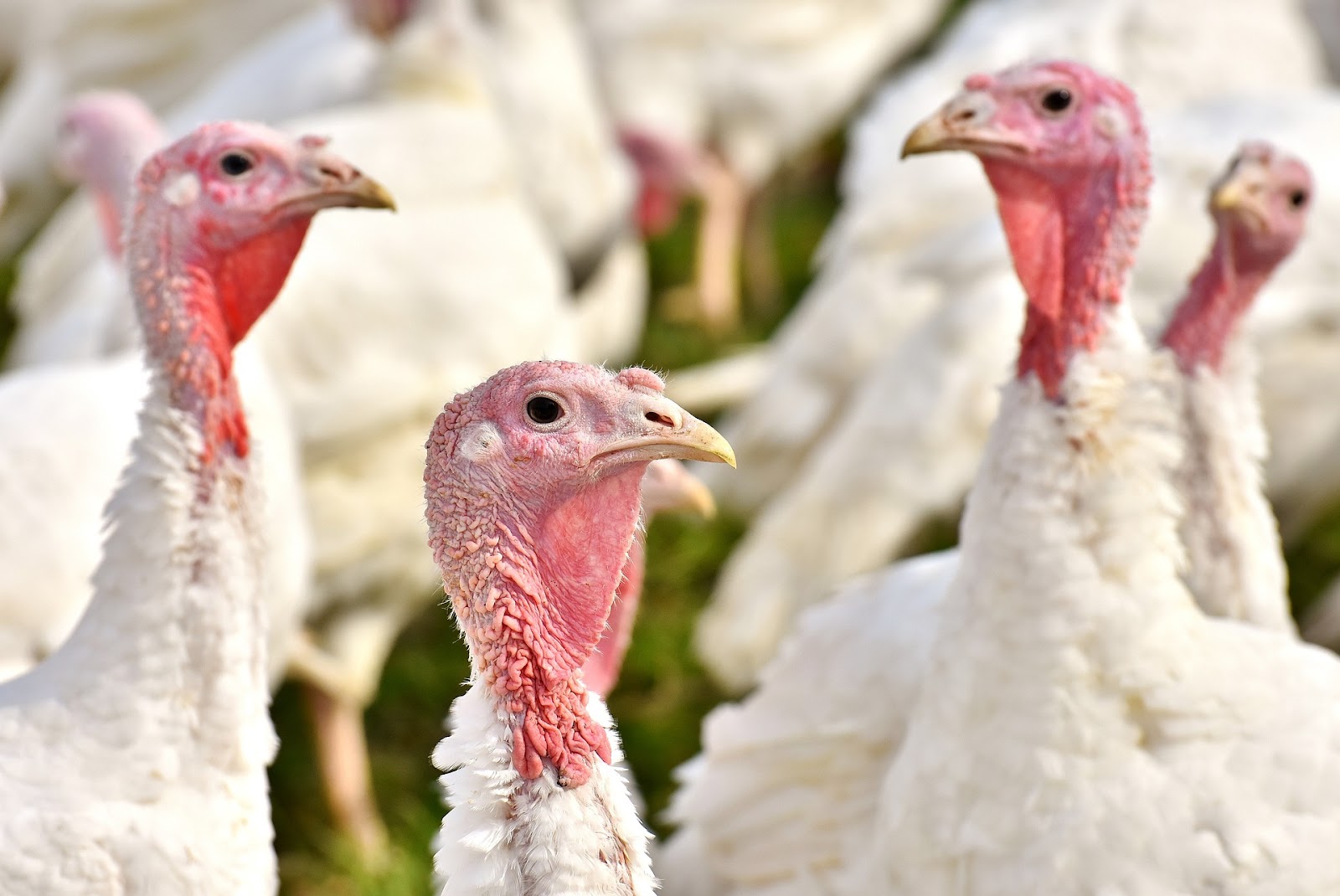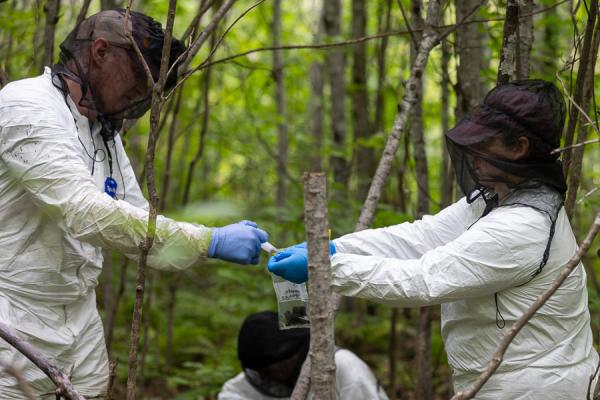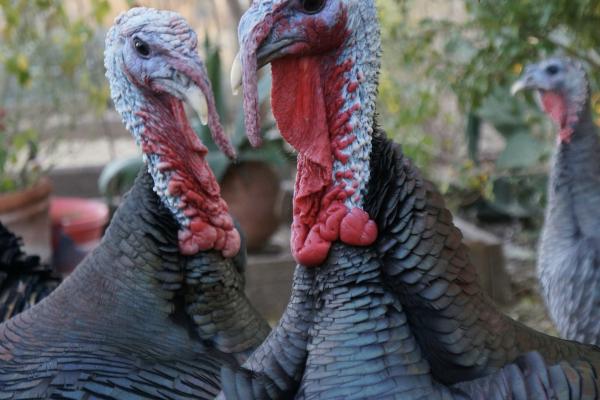Research roundup: Could a recombinant Pichinde virus protect flocks from turkey arthritis reovirus?
March 19, 2021

A live recombinant Pichinde virus (PICV) vector vaccine is safe and effective against turkey arthritis reovirus (TARV), according to a recent study led by Sunil Mor, BVSc & AH, MVSc, PhD, and Hinh Ly, PhD. Vaccination may be an effective way to reduce lameness induced by TARV in flocks, but there are currently no commercial TARV vaccines available. PICV vaccines, which deliver certain genes and proteins to stimulate an immune response in the host, were previously proven effective against influenza virus in mice. In this study, the researchers set out to develop a PICV vaccine — and determine whether it was safe and effective — as a novel immunogenetic approach to tackling TARV. The team created recombinant PICV-based TARV vaccines that carried the wild-type and codon-optimized S1 (Sigma C) and/or S3 (Sigma B) genes from three different TARV strains. Turkey poults inoculated with the new vaccine — mainly the codon-optimized vaccine — developed anti-TARV antibodies, which indicated both the immunogenicity and safety of this vaccine. The researchers believe the vaccine will provide long-lasting immunity. It can be given orally or intranasally and does not contain live, whole virus, so there is no pressure on the virus to mutate. These findings bring turkey producers one step closer to managing TARV with vaccination. The team says future studies must determine the optimum dose and protective efficacy of this candidate vaccine. This research was funded by the Minnesota Agricultural Experiment Station’s Rapid Agricultural Response Funds.
Read more in the recent paper, published February 13 in Pathogens.


